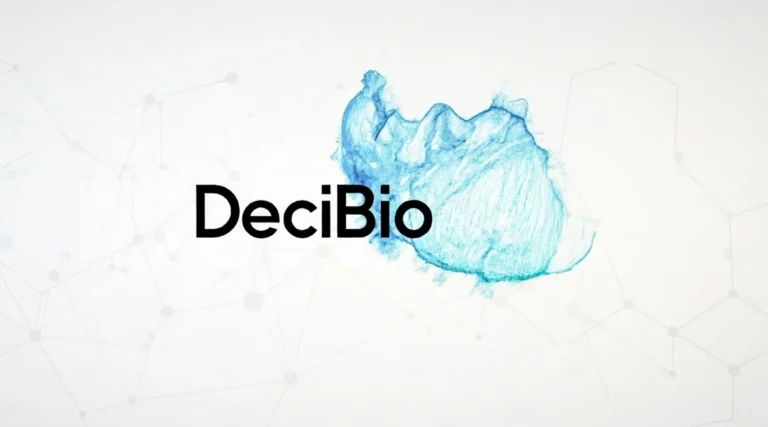
AstraZeneca advances UK clean heat and energy efficiencies with £100m commitment
Powering AstraZeneca’s transition to net zero, the Company has agreed a 15-year partnership with Future Biogas to establish the UK’s first unsubsidised industrial-scale supply of biomethane gas, and is investing in major energy efficiencies in its operations, totalling a commitment of £100m.
Energy from the biomethane facility will supply AstraZeneca’s sites in Macclesfield, Cambridge, Luton and Speke with 100 gigawatt hours (GWh) per year, equivalent to the heat demands of over 8,000 homes.i Once operational in early 2025, the partnership will reduce emissions by an estimated 20,000 tonnes CO2 equivalent (CO2e), adding renewable energy capacity to the national gas grid.
The anaerobic digestion facility and long-term partnership with Future Biogas provide a blueprint for the commercial adoption of renewable gas in the UK. A competitive biomethane market can play a key role in the transition to net zero.ii
To support the transition to clean heat in the UK, energy efficiency improvements will be made at AstraZeneca’s Macclesfield campus, the largest medicines development and manufacturing site in the UK. This includes a major refit of the site’s combined heat and power plant (CHP) which will save a further 16,000 tonnes CO2e per year, in addition to upgrading buildings and improving the footprint for the production and packing of medicines to enable further greenhouse gas (GHG) reductions. These efficiency projects will support the long-term sustainable operations of the Macclesfield campus, which delivers more than 90 million packs of medicines to more than 130 countries.
The transition to 100% renewable energy is a key element of AstraZeneca’s flagship Ambition Zero Carbon programme, which is focused on delivering deep decarbonisation by halving the company’s entire value chain footprint (Scopes 1 to 3) by 2030 and becoming science-based net zero by 2045 at the latest. AstraZeneca is on track to reduce GHG emissions from its global operations (Scope 1 and 2) by 98% by 2026.
Juliette White, Vice President, Global Sustainability & Safety, Health & Environment, at AstraZeneca, said: “Today’s commitment of £100 million shows we are serious about decarbonising the discovery, development and manufacture of medicines and securing a sustainable future for our sites across the UK and globally. In leading from the front on the commercial adoption of clean heat, we are innovating to expand the usage of renewable energy, contributing to the circular economy and accelerating our progress towards net zero.”
Philipp Lukas, CEO of Future Biogas, said: “AstraZeneca’s ground-breaking investment in green gas affirms its status as a global leader in the transition to net zero. The opportunity to combine unsubsidised biomethane production with regenerative farming benefits local farms and supports the growing focus on soil health and sustainable food production. Future Biogas expects this model to be adopted by many other innovative organisations with strong net zero ambitions.”
The site will utilise locally-grown crops as feedstock and support farms with sustainable land management practices, enabling the development of a circular agricultural economy. Bioenergy crops will be grown as part of diverse crop rotations and will follow regenerative agriculture practices, promoting nutrient cycling and improving soil health.
Renewable Gas Guarantee of Origin (RGGO) certificates will be transferred to AstraZeneca, to ensure there is no double counting of emissions savings.
The new plant will be fitted with bioenergy carbon capture and storage capability (BECCS) which has the potential to enable the carbon negative operation of the plant. AstraZeneca aims to sequester the carbon through the ‘Northern Lights’ project in Norway, a joint venture involving industry and supported by the Norwegian Government.
This latest commitment to renewable energy in the UK follows other innovative partnerships announced earlier this year. In the US, AstraZeneca is partnering with Vanguard Renewables to enable the delivery of biomethane to all its US sites by the end of 2026. The Company has also entered into an agreement with Statkraft, Europe’s largest renewable energy producer, to increase the supply of renewable electricity in Sweden.





